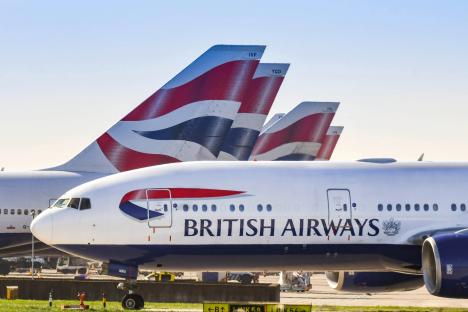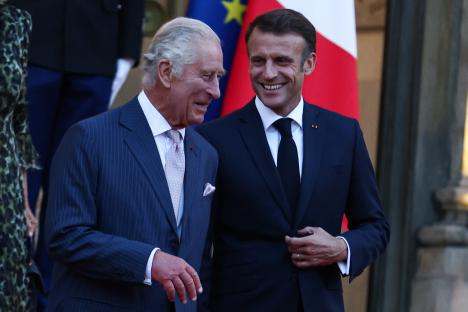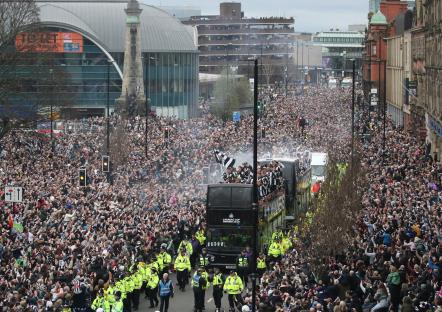The B.C. government set aside nearly $6 billion in new spending to address the COVID-19 pandemic in its first budget since the fall election.
But it's not immediately increasing circuit-breaker aide funding for the hard-hit hospitality sector, following an extension of bans on in-restaurant dining and social gatherings through the May long weekend.
The new funding includes nearly $2.5 billion in ongoing support for small and medium-sized businesses and support for the health-care system.
It's also allocating $3.25 billion in pandemic contingency funding that could be used for sectors such as hospitality and tourism based on virus transmission rates over the next few weeks.
Read more: COVID: Sweeping new restrictions in place including in-person dining at B.C. bars and restaurants
As for British Columbia's overall economic picture, it's rosier than expected.
“The pandemic will end. And when it does, B.C. will be ready for the opportunities that come with recovery,” Finance Minister Selina Robinson said.
Budget 2021 includes an updated forecast deficit of $8.1 billion for 2020-21, down from the fall 2020 projection of $13.6 billion.
The stronger economic footing is based on higher-than-expected revenues, including tax revenue as a result of strong housing and retail sales, and moderately lower spending.
“The fact that our forecast has shifted so much from only four months ago is a reminder that we are still in the midst of a worldwide pandemic, which continues to make it rather difficult to predict how things will develop in the future,” Robinson said.
“We need to remember we are still in the pandemic. That is why we have put in to this year's pandemic substantial contingencies.”
Looking forward, the province is forecasting a $9.7-billion deficit for 2021-22, following by $5.5 billion in 2022-23, then dropping to $4.3 billion in 2023-24.
The Greater Vancouver Board of Trade is giving the province a B grade on economic recovery saying B.C.’s economy has performed relatively well compared to other provinces in Canada.
But the organizations is flagging the unemployment rate across the province remains substantially higher at 6.9 per cent and is higher in Greater Vancouver and is concerned there are no measures announced in response to the new public health orders announced this week.
“We are still striving for a post-pandemic vision for the economy that attracts investment, creates good jobs and promotes opportunity. It’s not clear this budget puts B.C. on the fast track to thrive in an increasingly competitive world,”; said Greater Vancouver Board of Trade CEO Bridgitte Anderson said.
The tourism sector will be receiving a $120-million boost, which includes $100 million to support major anchor attractions, though it has not listed the attractions.
On the health-care front, new spending includes $900 million for COVID-19 testing, contact tracing, personal protective equipment and the vaccine rollout.
– More to come




